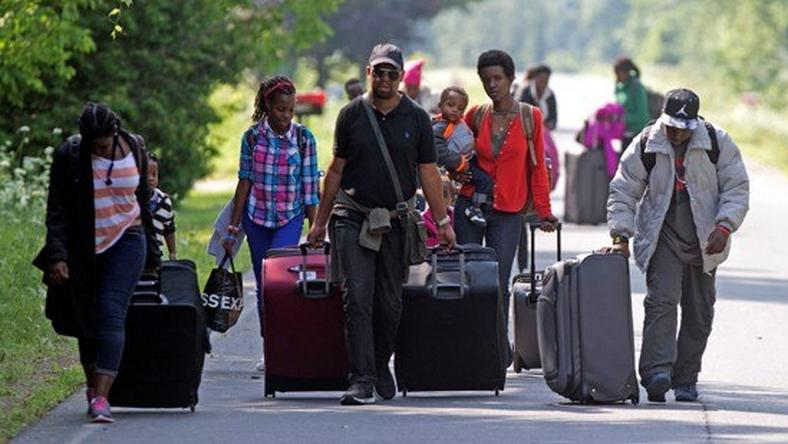Canada has announced a significant policy shift, introducing a cap on temporary foreign workers and international students to less than 5% of its population by 2027. This move aims to rebalance the country’s immigration system and address domestic challenges such as housing shortages and strained public services.

Impact on Nigerians
Nigerians, who have been among the top contributors to Canada’s international student population, are expected to feel the effects of this policy change. In 2023, Canada issued 37,630 student visas to Nigerians, marking a 133.7% increase from the previous year. Additionally, 36,000 temporary work permits were granted to Nigerians as of December 2023.
Under the new plan, the number of international students is projected to decrease to 305,900 annually from 2025 through 2027, while the Temporary Foreign Worker Program will stabilize at 82,000 permits annually during the same period.

Reasons Behind the Cap
The Canadian government cites the need to alleviate pressure on infrastructure and ensure sustainable growth as primary reasons for the cap. By limiting the influx of temporary residents, the aim is to address issues related to housing shortages and strained public services.
What This Means for Prospective Applicants
For Nigerians and other Africans considering studying or working in Canada, the new cap implies increased competition for limited spots. Prospective applicants may need to explore alternative pathways or destinations for education and employment opportunities.



